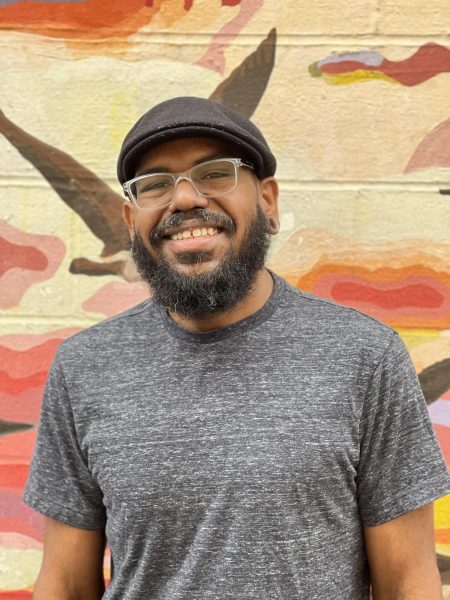Oscar Duffield, French Hornist, Polyglot
Oscar Duffield is a double-degree second-year student planning to pursue degrees in Comparative Literature and Horn Performance. As a polyglot, he is fluent in English, French, and Spanish, and proficient in Italian.
This interview has been edited for length and clarity.
How were you first introduced to foreign languages?
I was first introduced to language through a program called French Camp, a summer camp for small children seeking language immersion. I loved the food, but most importantly, the way French sounded to me was really intriguing. I remember feeling a desire to decipher what was being said; not knowing what was being said was frustrating for my little brain. In high school, I took two years each of French and Spanish.
Do you think there is any congruence between your musical and your language pursuits?
Music and speech are both forms of communication; you are trying to tell a story, convey an emotion. I think they are complementary, musical learning and language learning. Playing music helped develop my ear.
How did you motivate yourself to develop language fluency mostly independently?
I think it is a positive feedback loop. If you notice yourself making progress in something, then you are more likely to make further progress because the progress is motivational in itself. With languages and music and sports, you must put aside your ego and recognize that perfectionism is a detrimental state of mind. Progress should be the focus rather than perfection. I know that I am never going to sound like a native Parisian, but that doesn’t mean I can’t focus on improving.
Can you talk about how you avoid the abyss of internet surfing, especially given how so much of your pursuits involve personal discipline?
You need to find things that don’t involve looking at the screen. Listening to things as opposed to watching things is key. If you are reading something, try to find something that is a physical book.
I am not a very social person, and I don’t have that online friend network, which is fine. In-person interactions are usually a lot richer. If social media is a problem, delete your apps and start interacting with people face-to-face. There is little value that social media adds to our lives. I think everything that you get from social media can be found from personal interactions. Life may not be as funny as an endless feed of dank memes, and it doesn’t elicit the unending stream of intense emotional reactions that social media often does. The point of social media is to capture and maintain our attention in this way; it’s important to resign yourself to the mundanity of the real world, and potentially face boredom in the pursuit of increased productivity.
As a person pursuing various interests, how have you dealt with the fear of burnout?
Playing music is my greatest source of frustration. French horn is a really frustrating instrument — it’s notoriously capricious, and you can feel great one day and awful the next.
Burnout is when you are just excessively tired. You don’t have any motivation anymore. It’s sort of like a self-imposed boulder you are toting around with you. It makes everything less appeal- ing. In late high school, I was overwhelmed by everything I had to do. One thing that was really helpful was recognizing what Associate Professor of Hispanic Studies and Comparative Literature Claire Solomon calls “the capitalist myth of infinite productivity.” You can’t be productive all the time — you need to take breaks. I did not understand the concept of taking breaks in high school.
Now, reading things just for fun is my comfort. I read a lot of Terry Pratchett. I take a lot of naps. I have never been very good at sleeping, but getting in the habit of not taking breaks to stare at your phone is key. I also do meditation and running — I usually feel better after a run. Cold showers are great too. My education here is about figuring out what I want to do next





